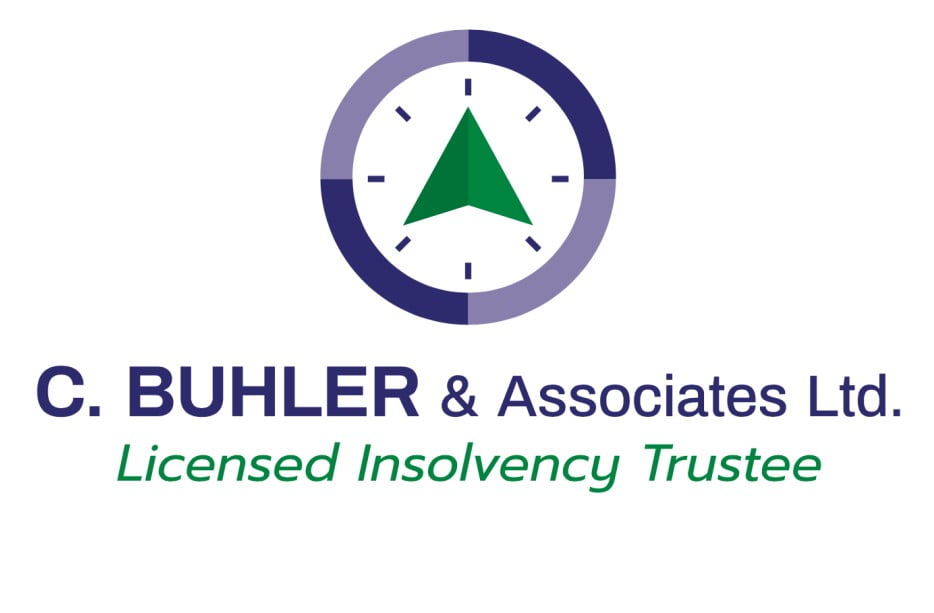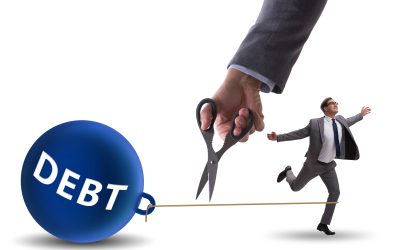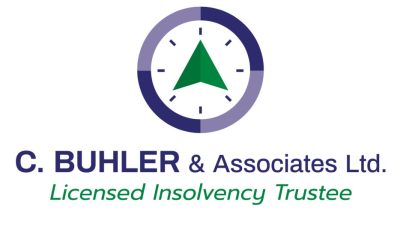There are many different types of debt available to those looking for financial options. Not all debt is bad – debt can be used to finance acquisition of an asset, such as a car loan, or using a mortgage to purchase a home. Personal loans are becoming a popular way to pay for a college education if a student doesn’t qualify for a student loan.
Smart use of debt requires an understanding of how debt works. Usually, the cycle of debt begins when a person seeks financing from a lender, such as a bank, credit union or finance company. Based on their credit history, their income, current expenses and present level of debt, the lender will decide if they will lender money to the applicant.
Lenders will often ask for ‘security’, or collateral for their loan. Collateral is an asset that is pledged against the loan. If you don’t make the scheduled payments on the loan, the lender has the right to take the asset, sell it, and apply the funds they get to your loan to reduce the balance. In certain cases, the lender can then sue you for any amounts that you still owe, after they’ve sold the asset. As an example, debt used to purchase a car likely has the car pledged as security. If payments are missed, the lender will take the vehicle, and resell it. You are then responsible for any ‘shortfall’ they have after they’ve applied the proceeds to your loan, less any fees they’ve incurred to do so.
Not all loans are secured. Unsecured debt is a loan where the only ‘security’ is your promise to pay. If you don’t repay the loan as agreed, the lender will call you, send letters, and generally try to work with you to get your payments current. However, if you aren’t able to catch up your payments and keep them current, they will begin to report your missed payments to your credit bureau, which could cause issues when you are trying to get future credit. When one lender sees that you’ve missed payments, they might not be so keen to lend you any new money.
Debt consolidation can be a good idea to reduce the interest rate you are paying, reduce your monthly payments, and can be a good option when you are looking for debt relief. Debt consolidation companies advertise many different payment programs and interest rates, and should be able to provide you with an idea of how much your payments could be reduced, if you choose a debt consolidation loan. Good debt consolidation companies will ensure you understand all your options, not just provide you with options they can provide you with. In addition, they will educate you on the products they offer, such as insurances and incentives and options to pay your debt off early. It is generally best to stay away from places that advertise debt consolidation for bad credit, as they generally have an extremely high interest rate. If you have bad credit, you might consider meeting with a Licensed Insolvency Trustee for a free consultation to determine what other options might be feasible, including a Consumer Proposal. Generally speaking, payments on a Consumer Proposal are less than payments on a consolidation loan if you owe more than $10,000.00.
A synonym for debt can include terms such as loan, payments, obligation, or financial commitment. As a debtor, don’t be fooled when someone offers you more debt on your journey to becoming debt-free. The best debt consolidation loans are ones that you can afford, and there are both good and bad debt consolidation loans available. Using an online loan calculator, such as this one, can be a good way to determine if a loan is affordable. By using a calculator, you can determine how much debt you can afford, and it can serve as a tool for you as you look for debt help.
If you are struggling with debt, reach out to us for your free consultation. We will explain the costs and benefits to all your options.





